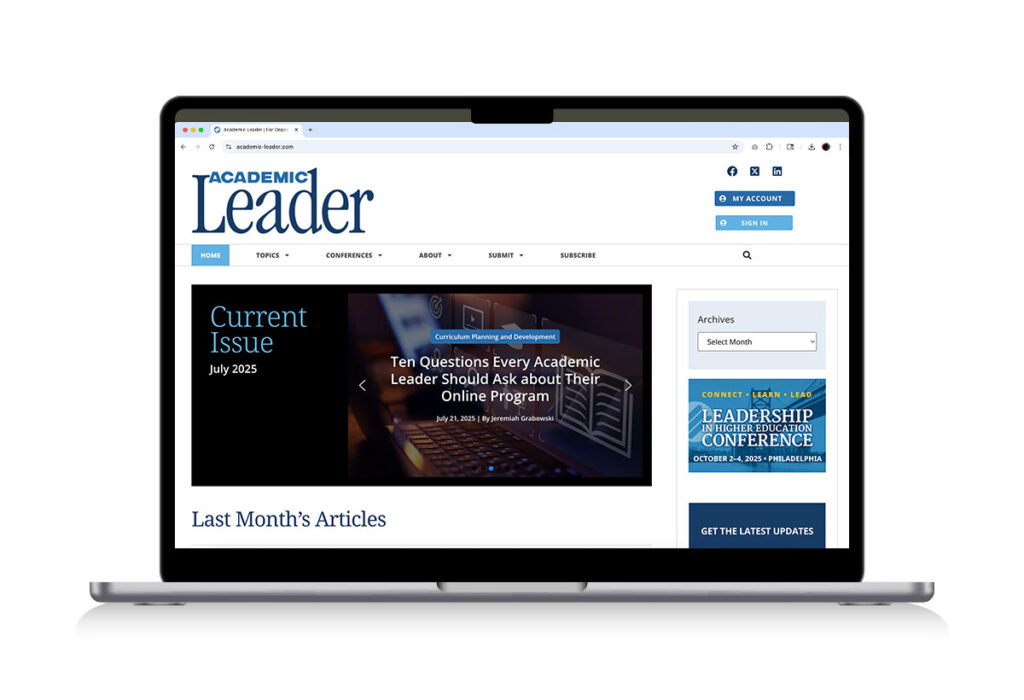
Four Steps to Building Institutional Support for Blended Learning
“Building an effective blended learning culture needs strategic partners across multiple campus constituents and not just faculty. Strong support from higher-up administration coupled with faculty goes a long way towards the acceptance of such alternative learning strategies across campus.” These ideas come from Sunay Palsole, PhD, associate vice provost for digital learning at the University of Texas at San Antonio. He discussed several ways to build institutional support for blended learning by working with various campus offices, and shared four specific ideas with us.




